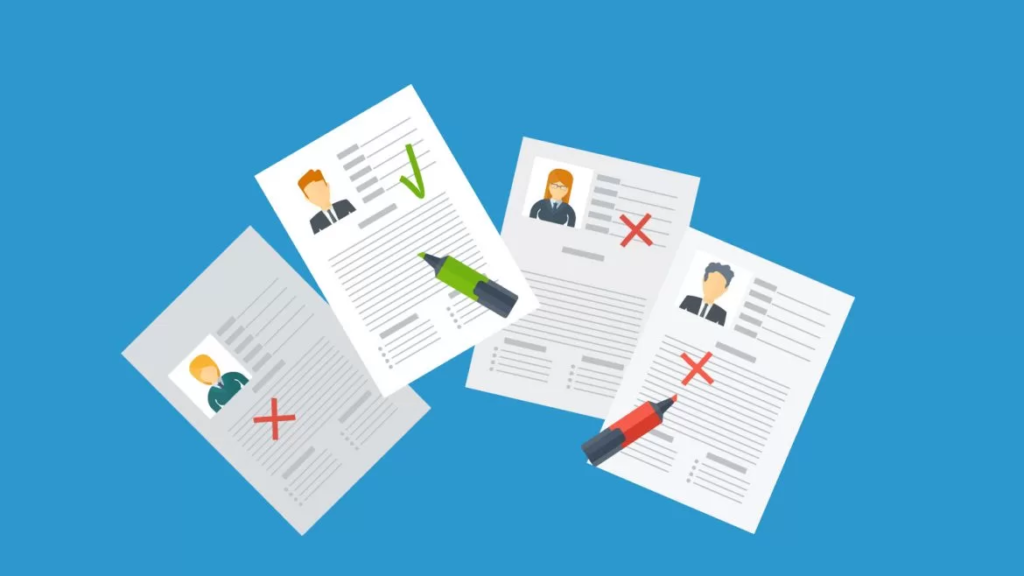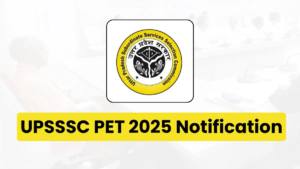10 Resume Mistakes That Could Cost You the Job
In today’s competitive job market, a well-crafted resume is your first and most important impression on potential employers. It serves as a concise summary of your skills, experience, and accomplishments, and can significantly impact your chances of landing an interview. However, even minor errors can derail your job search before it even begins. Here are 10 common resume mistakes that could cost you the job:

1. Typos and Grammatical Errors:
- The presence of typos, grammatical errors, and spelling mistakes immediately undermines your professionalism and attention to detail. Employers view these errors as a reflection of your carelessness and lack of thoroughness, qualities that are crucial in any professional setting. Proofread your resume meticulously, and consider having a friend or family member review it for any missed errors. Utilize spell-checking and grammar-checking tools, but remember that they cannot catch all mistakes.
2. Generic Objective Statements:
- Avoid generic and overused objective statements like “Seeking a challenging position in a dynamic environment.” These statements lack specificity and fail to demonstrate your unique value proposition. Instead, tailor your objective statement to each specific job application. Highlight your relevant skills, career goals, and how your qualifications align with the employer’s needs. For example, instead of a generic statement, consider: “Highly motivated and results-oriented marketing professional with 5+ years of experience seeking a challenging role as a Marketing Manager at a fast-growing technology company where I can leverage my expertise in digital marketing to drive brand awareness and increase customer engagement.”
3. Using Inappropriate Language:
- Maintain a professional tone throughout your resume. Avoid using jargon, slang, or overly casual language. Use strong action verbs and quantify your achievements whenever possible. For example, instead of saying “Managed social media accounts,” say “Increased social media engagement by 20% in six months through targeted ad campaigns and engaging content.”
4. Inconsistent Formatting:
- Inconsistent formatting can make your resume appear unprofessional and difficult to read. Choose a clean and easy-to-read font like Arial, Calibri, or Times New Roman. Maintain consistent font sizes, spacing, and bullet points throughout the document. Use bolding and italics sparingly to emphasize key information.
5. Including Irrelevant Information:
- Only include information on your resume that is directly relevant to the job you are applying for. Avoid including personal information like your age, marital status, hobbies, or salary history unless specifically requested. Focus on showcasing your professional skills, experience, and accomplishments.
6. Listing Duties Instead of Achievements:
- Instead of simply listing your job duties, focus on quantifiable achievements. Employers are more interested in what you accomplished in your previous roles rather than just what your responsibilities were. Use the STAR method (Situation, Task, Action, Result) to structure your accomplishments and demonstrate your impact.
7. Using a Generic Template:
- Avoid using generic resume templates that look like everyone else’s. These templates often lack originality and fail to showcase your unique personality and career goals. Customize your resume to fit each specific job application, highlighting the skills and experiences that are most relevant to the position.
8. Overusing Keywords:
- While it’s important to include relevant keywords to get past Applicant Tracking Systems (ATS), avoid keyword stuffing. Overusing keywords can actually harm your chances of getting your resume noticed by a human recruiter. Focus on naturally integrating relevant keywords into your resume while maintaining a professional and readable format.
9. Submitting a Resume with Gaps in Employment:
- If you have gaps in your employment history, be prepared to explain them concisely and professionally. Address any potential concerns upfront by briefly explaining the reasons for the gaps, such as pursuing further education, caring for family members, or taking time for personal growth.
10. Failing to Proofread for the Specific Job:
- Before submitting your resume, carefully review it to ensure it aligns with the specific requirements and qualifications listed in the job description. Tailor your resume to each job application by highlighting the skills and experiences that are most relevant to the employer’s needs.
By carefully addressing these common resume mistakes, you can significantly increase your chances of landing an interview and ultimately securing your dream job. Remember that your resume is your first impression, so invest the time and effort to create a professional, well-written, and impactful document that showcases your unique value proposition.










